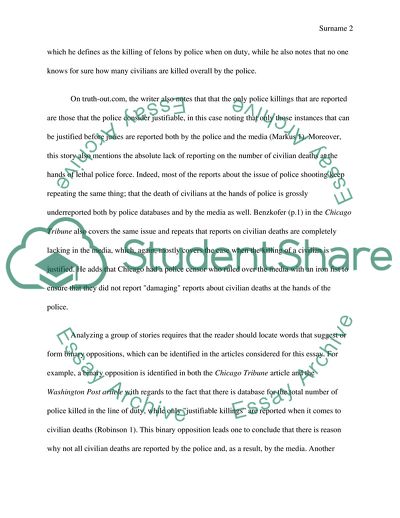Cite this document
(National Database for Police Killings Essay Example | Topics and Well Written Essays - 1750 words, n.d.)
National Database for Police Killings Essay Example | Topics and Well Written Essays - 1750 words. https://studentshare.org/sociology/1861216-unit1-essay
National Database for Police Killings Essay Example | Topics and Well Written Essays - 1750 words. https://studentshare.org/sociology/1861216-unit1-essay
(National Database for Police Killings Essay Example | Topics and Well Written Essays - 1750 Words)
National Database for Police Killings Essay Example | Topics and Well Written Essays - 1750 Words. https://studentshare.org/sociology/1861216-unit1-essay.
National Database for Police Killings Essay Example | Topics and Well Written Essays - 1750 Words. https://studentshare.org/sociology/1861216-unit1-essay.
“National Database for Police Killings Essay Example | Topics and Well Written Essays - 1750 Words”. https://studentshare.org/sociology/1861216-unit1-essay.


